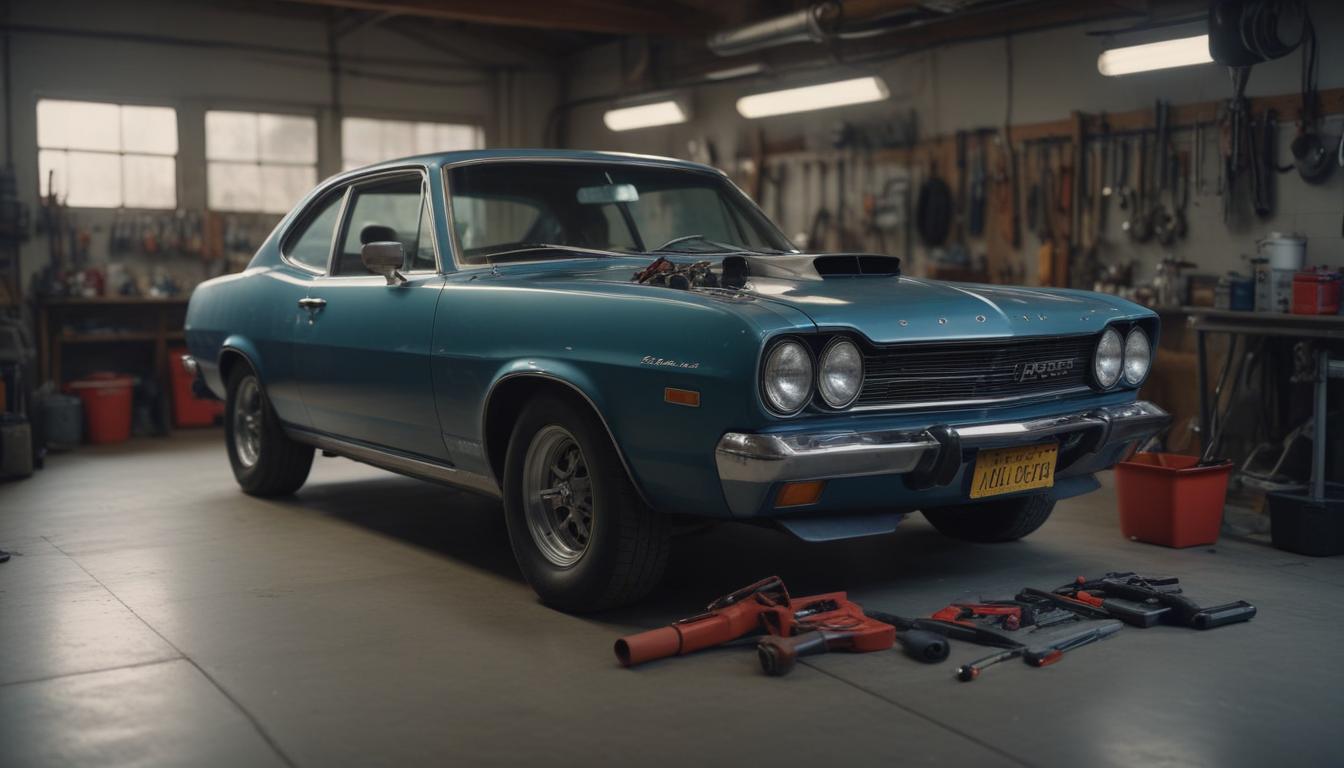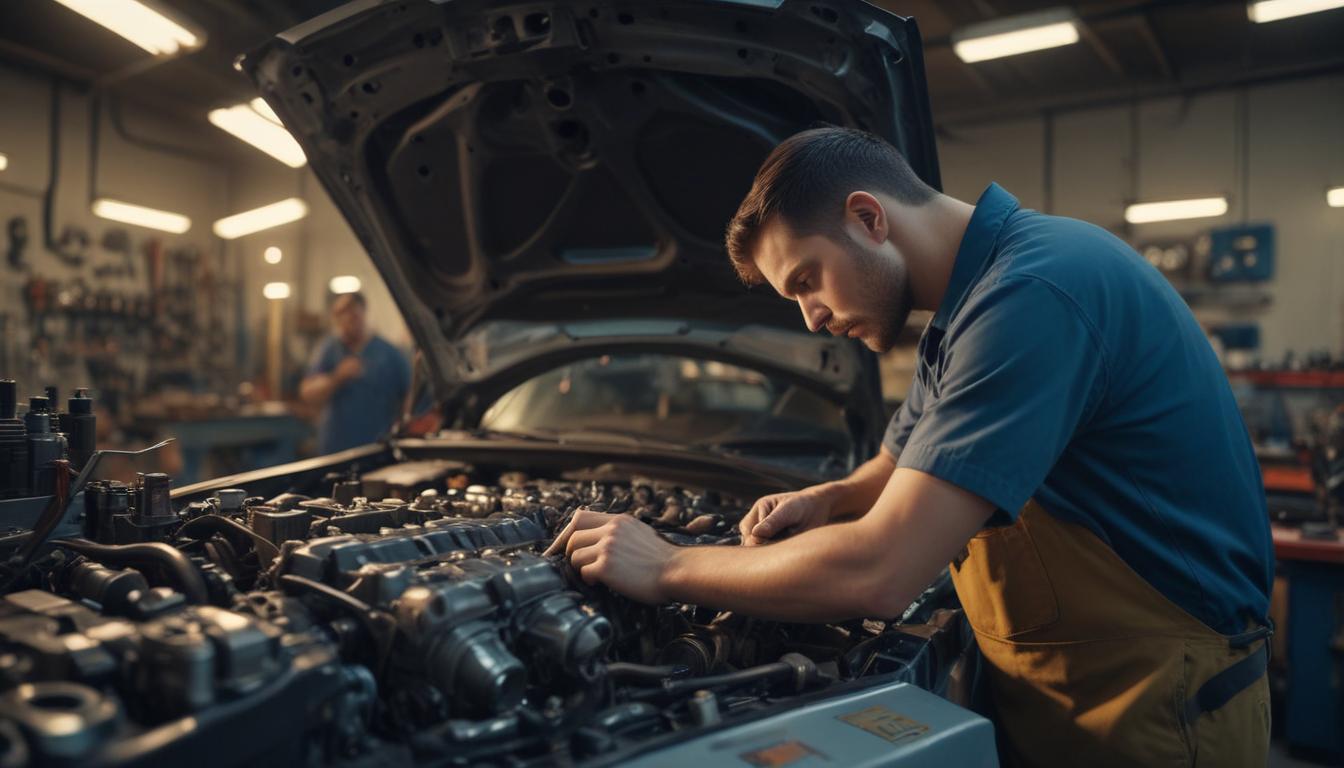Every car enthusiast knows that sinking feeling when an unusual noise emanates from under the hood. Among these, the engine knock is a notorious culprit. It’s not just a noise; it’s a warning signal. In this article, we’ll dive into what engine knocking means, uncover its causes, and guide you on how to respond promptly to save money and maintain your car’s health.
What is Engine Knock?
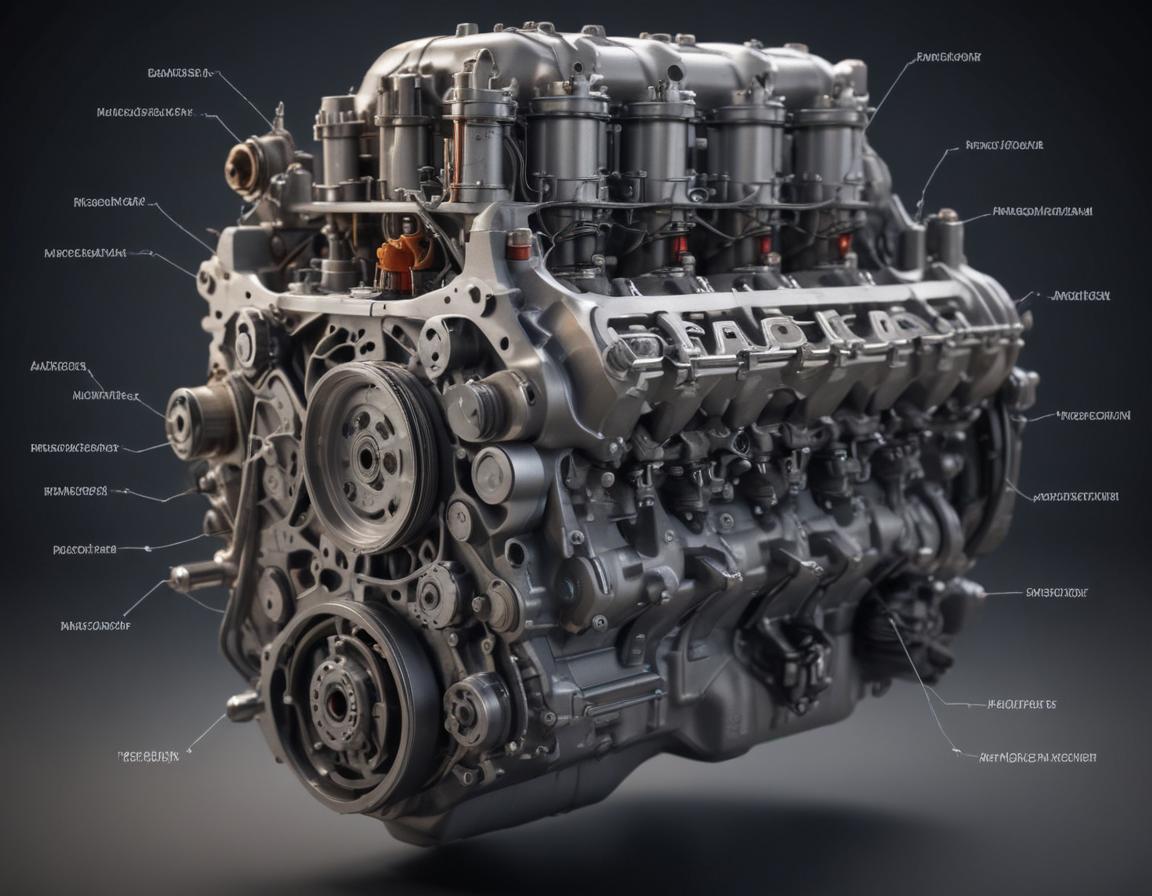
Engine knock, a term familiar to many car owners, refers to an unusual tapping or pinging sound coming from the engine when it is running. This problem often arises when the air-fuel mixture inside the combustion chamber ignites unevenly or prematurely. The resulting pressure spikes create these knocking sounds, signaling that something is amiss in the engine’s internal processes.
The sound isn’t just an inconvenience—it’s a red flag. Left unchecked, the root causes of engine knocking can lead to significant engine damage. Actions like using the right type of fuel, checking for mechanical wear, and addressing issues promptly can help mitigate the risks. Remember: early detection saves you money!
Causes of Engine Knock
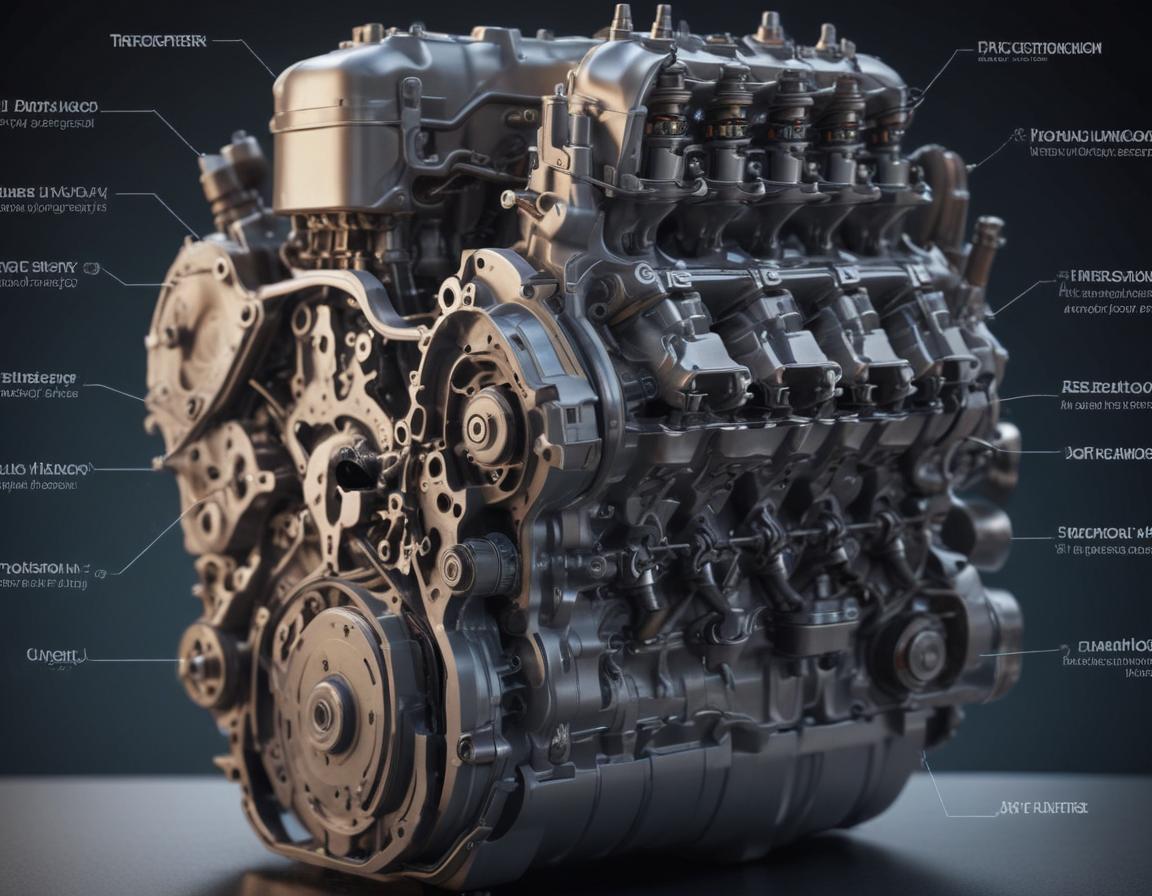
Understanding what causes engine knocking is crucial to preventing it. Here are some common culprits:
- Low-Quality or Incorrect Fuel: Cars designed for higher-octane fuels may experience pre-ignition when lower-grade fuel is used, producing that knocking sound.
- Low or Poor-Quality Engine Oil: Insufficient or degraded oil increases friction between engine components, leading to wear and knocking.
- Worn Internal Engine Parts: Over time, components like pistons or rod bearings may deteriorate and contribute to engine knocking.
- Incorrect Spark Timing: Misfiring spark plugs or issues with the ignition system disrupt combustion, causing the characteristic noise.
Identifying these causes and taking quick action is important to avoid expensive repairs down the line.
Actions to Take When You Hear Engine Knock
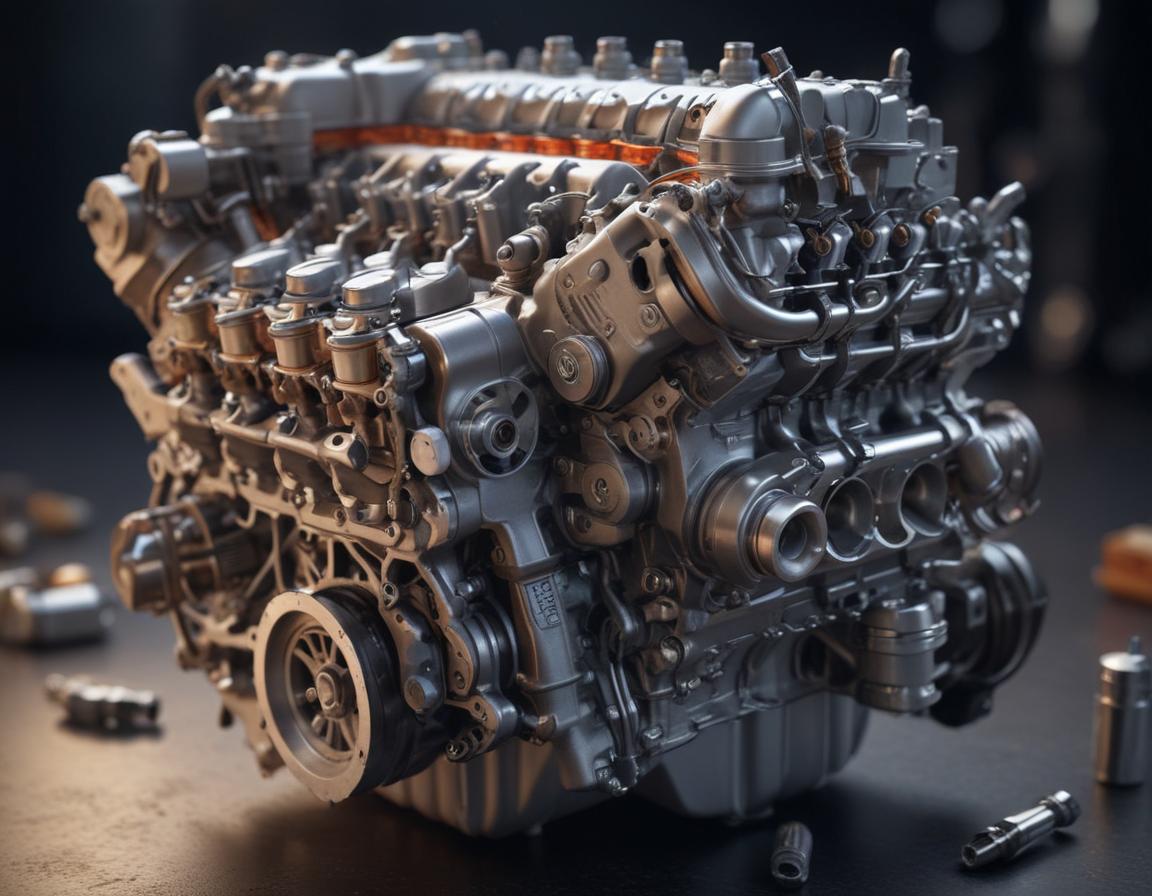
If you detect an engine knock, don’t brush it off—take action immediately! Follow these steps:
- Stop Driving: Pull over safely as continuing to drive could escalate damage and increase repair costs.
- Check Engine Oil Levels: Inspect your engine’s oil levels and confirm they’re adequate for optimal lubrication.
- Verify Fuel: Double-check whether you’ve been using the recommended fuel for your car.
- Visit a Mechanic: Even if no visible problem is obvious, have your vehicle inspected by a professional. Technicians can detect and resolve the root causes of knocking, from spark plug misfires to mechanical wear.
Early intervention is the key to avoiding major (and pricey) repairs!
Costs Associated with Repairing Engine Knocks
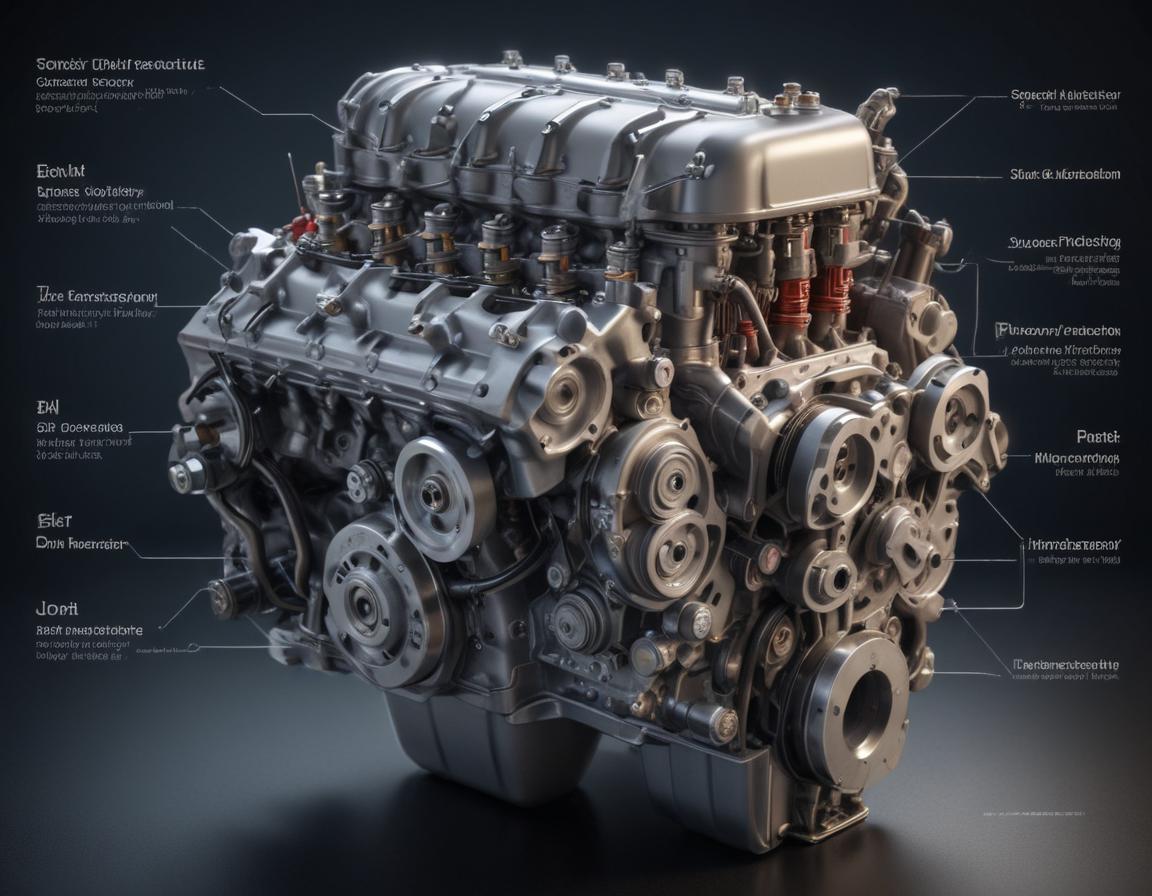
Repairing engine knocks can quickly become a costly affair. Here’s a breakdown:
- Replacing Connecting Rod Bearings: Costs can range from $500 to $1,500.
- Repairing Pistons or a Complete Engine Rebuild: These repairs can easily exceed $5,000!
These high costs underline why addressing initial signs of knocking is critical. Preventative maintenance such as regular oil changes, using manufacturer-recommended fuel grades, and following periodic inspection schedules can save hundreds—or even thousands—of dollars in the long run. While repair bills are unpleasant, they’re a far better choice than facing total engine breakdown or replacement.
Preventative Steps to Avoid Engine Knocks
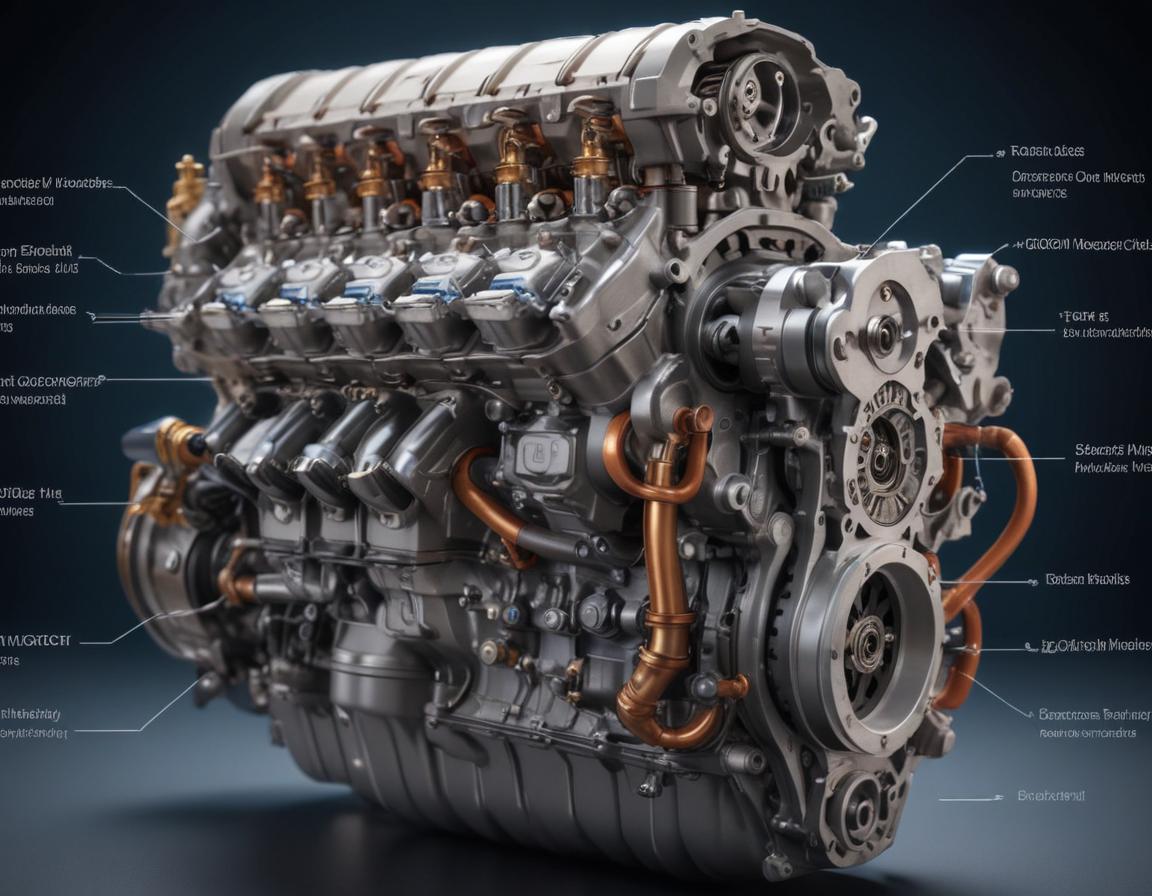
When it comes to your vehicle, prevention is always better than cure. To steer clear of engine knocks, follow these straightforward tips:
- Use the Right Fuel: Always fill your tank with the fuel grade recommended by your car’s manufacturer to prevent pre-ignition issues.
- Maintain Engine Oil Levels: Check your engine oil regularly to ensure every component is properly lubricated.
- Stick to Routine Maintenance: Follow your vehicle’s maintenance schedule to catch and address wear and tear early.
- Listen to Your Car: Pay attention to unusual sounds—it’s your car’s way of asking for help!
By staying on top of preventative measures, you’ll save yourself the headache—and expense—of dealing with major engine repairs.
Conclusion
When it comes to engine knocks, listening and acting fast can preserve your car’s engine and keep your wallet intact. Always address the signs early, and follow routine maintenance practices to minimize risks. Remember, a minor sound today could lead to a major problem tomorrow. Stay proactive and safe on the road.
“`

